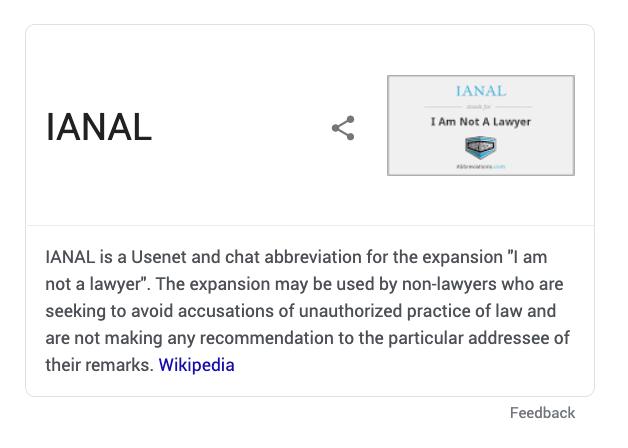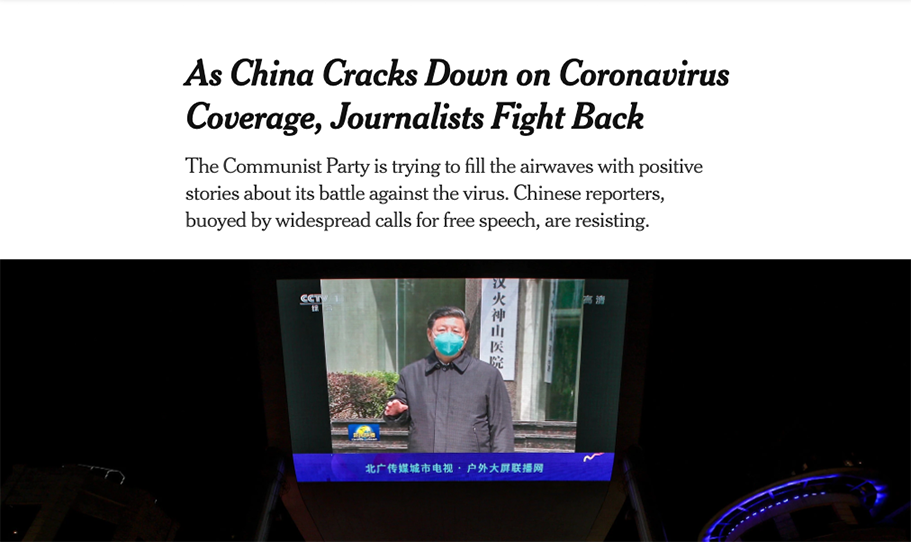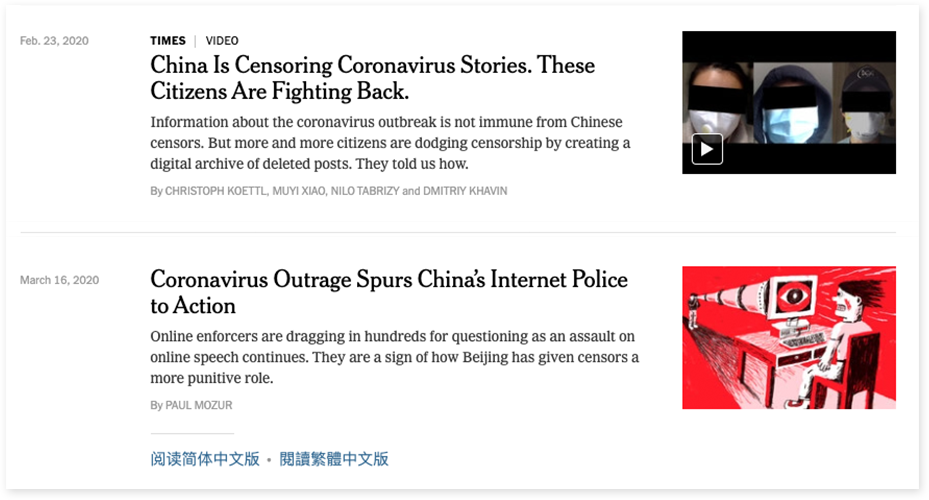Laws and norms
As we’ve discussed before, the open nature of the Internet and personal technology has “democratized” media. Once, you needed to have a lot of money to start a national publication or a TV station. To start a blog, or Facebook group, or podcast, or YouTube channel, you only need several (relatively) low-cost pieces of equipment and an Internet connection.
Cyberspace may be a more open information environment than analog media, but laws — including several written specifically for digital media — still apply. Sometimes the laws are tools that can be used to restrict what you can see, say, or do online. And sometimes those tools are used in abusive ways.

We are not lawyers. But lawyers who specialize in these things say you can minimize the legal risks in your own participation online. How? Mainly, be honorable. (There are other risks that being honorable can’t fix. For example, if you’re a woman being attacked by trolls who think your kindness is a show of weakness, that’s a different, and major, problem in the online world.)
The legal risks will never be zero, partly because the system invites abuses from people whose goal is to shut down speech they don’t like. Meanwhile, the system is evolving to adapt to new challenges.

Laws increasingly determine how we can use online resources as active consumers. This starts with whether we can find the resources at all. Many governments take great pains to block or remove what they see as dangerous (usually for them) or immoral material. Along with controlling what we get to see, both governments and private entities track our every move via digital surveillance, which we’ll discuss below.

Some laws and regulations, especially in the copyright arena, give enormous power to large enterprises that make decisions about our Internet use. Others apply to everything from our comments on other people’s sites to the material we publish on our own.
By now, you’ve probably seen one of the countless “takedown notices” that blocks content from appearing on Google’s YouTube and other sites. That was a consequence of the 1996 “Digital Millennium Copyright Act,” which gives platforms likeYouTube online immunity from copyright lawsuits for material they host — but which, among other things, requires them to remove content that a copyright holder claims has been posted without authorization.
Another crucial law protects Internet freedom of speech. Section 230 of the Communications Decency Act says that if you host other people’s speech, you cannot be sued for defamation for what they say. Only the person who posts the material is liable. Section 230 is under attack from people who believe it allows too much freedom, but if it is repealed, the operation of major sites — Wikipedia among them — may be jeopardized.
Laws are only part of the issue. When he was president, Barack Obama cautioned a student who had political aspirations to watch what he said online, because the “wrong” words could someday come back to be used against him. We need to adjust some attitudes and learn some new skills — individually and as a society — in order to keep up with the collaborative communications tools that not only empower us in such amazing ways, but also can cause difficulties if we’re not fully aware of what we’re doing.
These attitudes and skills are about what sociologists call norms — principles of behavior that, according to Webster’s definition, “guide, control, or regulate proper and acceptable behavior.” When I use the word here, I’m talking about societal acceptance about generally agreed ways to behave. In Japan, for example, it’s a norm to take off your shoes when you enter someone’s home, and bow when greeting someone; in America we tend to keep our shoes on and shake hands (though the coronavirus has overturned the latter norm for now, perhaps permanently). I’m emphatically not talking about laws and regulations, which are enforced by governments; norms are enforced, if that’s the right word, but by you and me.
